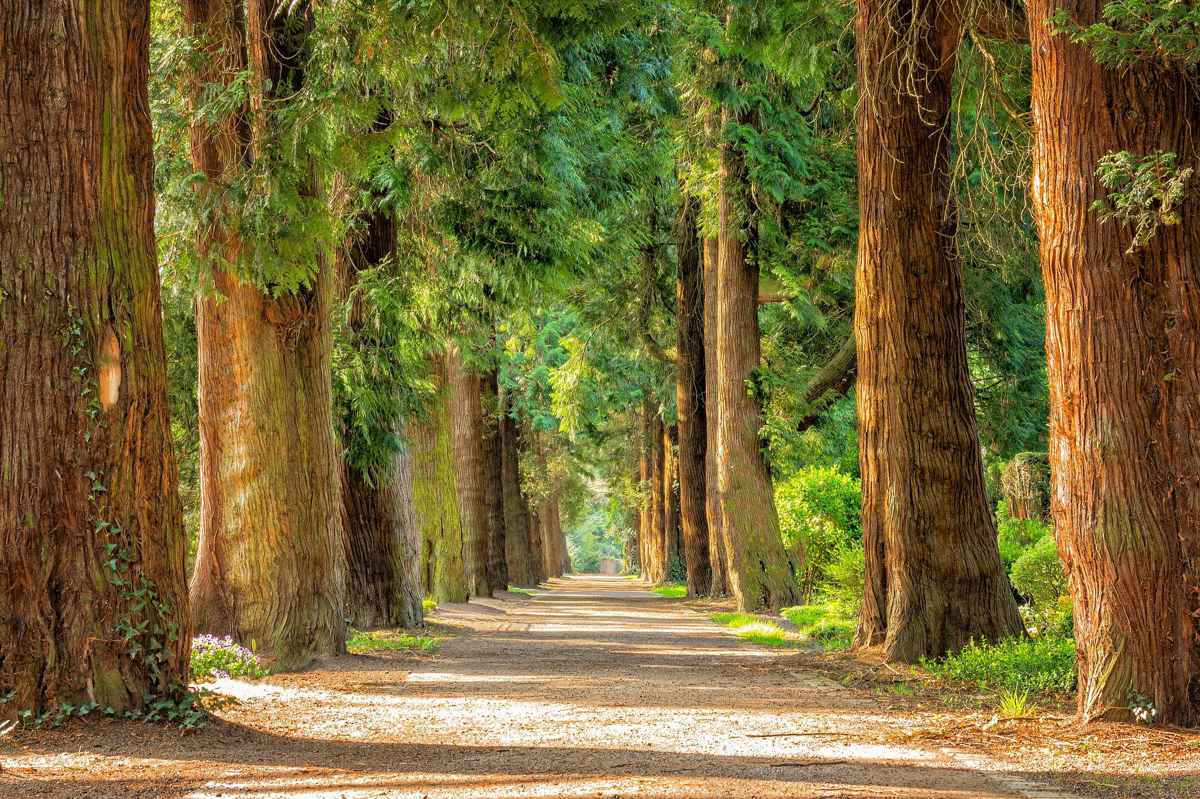Treescapes programme explores how trees and woodlands can help reach Net Zero
Six research teams from across the UK, including an academic from Robert Gordon University, will develop new tools to find out how trees and woodlands adapt to climate change.
The research will support the UK’s target to achieve net zero greenhouse gas emission by 2050 as well as new biodiversity targets such as increased protected areas.
The team from RGU is receiving a share of £10.5 million funding from UK Research and Innovation to deliver ‘The Future of UK Treescapes’ programme.
Lecturer and Research Fellow Chris Fremantle from Gray’s School of Art is working with Professor Deirdre Heddon from the University of Glasgow’s College of Arts to deliver part of the ‘NewLeaf’ Project led by the Centre for Ecology and Hydrology. This will explore the uncertainties surrounding climate change including extreme weather, heatwaves, flooding, storms and also disease and other biosecurity hazards. The project will explore how the arts can help us understand these.
Chris Fremantle explains more: “We want to find out how society can create more resilient treescapes and explore the link between genes, trees and people. Adaptation is a key climate change issue and artists can add an alternative perspective to help treescape management. Our ambition is to demonstrate the role of artists in the environment and landscape research, as contributors to understanding environments, ecological systems, and human interactions.
“The research will improve our understanding of the adaptability of treescapes and support the expansion of more tree planting across the UK. Net Carbon Zero targets are going to change landscapes significantly in the next thirty years and areas such as the North East of Scotland, will see a significant increase in tree planting. It’s very important we plant the right trees in the right places. We need to assess how quickly tree species genetically adapt to change in the wild and whether or not human intervention is needed.
“Gray’s School of Art has a significant track record for researching artists involvement in public life. We work with internationally acknowledged artists and through live projects such as this. Net Carbon Zero is a technological, environmental and also cultural challenge – it involves living in different ways – and, the arts have a key role in imagining different futures and helping people to visualise life in changed circumstances.”
As part of the project, the team will develop case studies across a host of art forms to explore how artists use uncertainties in their artwork. The research will explore how humans interact with one another and other living things, how this interaction affects their artwork and how artists adapt to changing circumstances such as climate change.
According to UK Research and Innovation, thirteen per cent of the UK is covered in woodland. The UK government has pledged to plant millions of trees every year over the coming decades. Trees, woodlands and forests play a vital role in removing greenhouse gases from the atmosphere and nurturing biodiversity to plant millions of trees every year over the coming decades.
Chris Fremantle’s work with Treescapes builds on his recent involvement in projects including WetlandLIFE and Valuing Nature, the interdisciplinary exhibition, ‘Reclaming Wetland Values: Marsh, Mud and Wonder’ that was exhibited at the Royal Geographical Society last year.
The Future of UK Treescapes Programme involves: NERC; the Arts and Humanities Research Council; Economic and Social Research Council; Defra (Department for Food, Environment and Rural Affairs); the Welsh Government; the Scottish Government and the Forestry Commission.





























